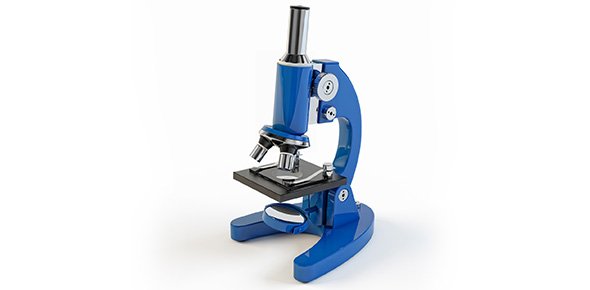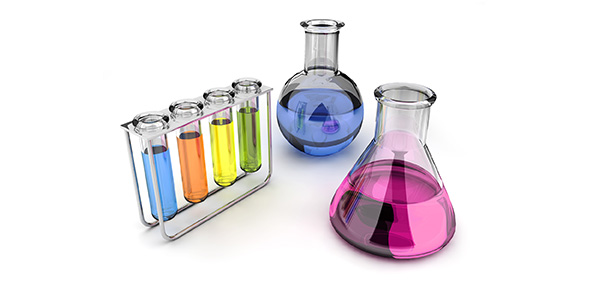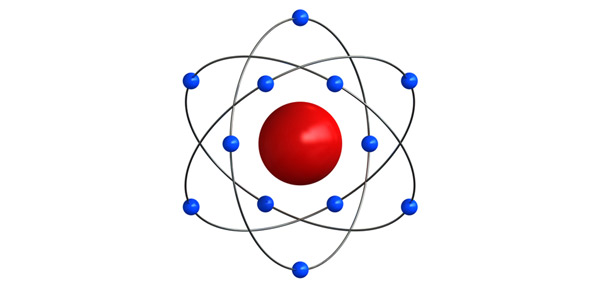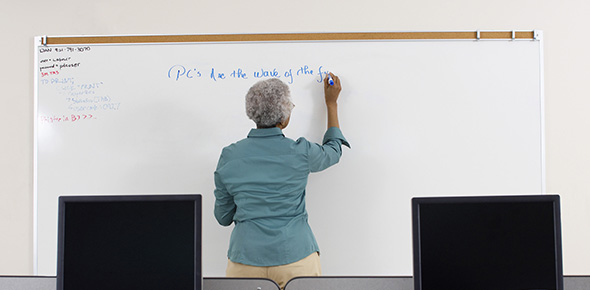Related Flashcards
Related Topics
Cards In This Set
| Front | Back |
|
Imhotep
|
An Egyptian man who was renowned for his knowledge of medicine.
|
|
Thales
|
A Greek scientist. After studying the sky, he tried to find out why the planets and stars moved the way they did. He was successful in predicting a solar eclipse.
|
|
Anaximander
|
A Greek scientist, a probable pupil of Thales. He tried to explain how humans came to be. He said that we came from the sea. His ideas were resurrected by scientists in the 19th century, which lead to the development of the theory of evolution.
|
|
Anaximenes
|
A Greek scientist, probable associate of Anaximander. He thought all things were originally made of air. Although false, his explanation of all things in nature being made of a single substance led to the discovery of atoms.
|
|
Leucippus
|
A Greek scientist. He built upon Anaximenes' ideas and proposed that all matter is composed of atoms. He is known as the father of atomic theory.
|
|
Democritus
|
Student of Leucippus. He expanded upon the ideas of Leucippus and was one of the first scientists who believed that atoms made up all matter. He was the first scientist to propose that atoms were in constant motion.
|
|
Aristotle
|
A Greek scientist. He wrote works on many subjects. He was the first to make a large-scale attempt at classifying plants and animals. He is known as the father of the life sciences.
|
|
Alexander the Great
|
Macedonian king and conqueror of Greece.
|
|
Archimedes
|
A Greek sdcientist who applied mathematical formulas to explain why certain things happened the way they did. He was one of the first scientists to demonstrate how closely math and science are linked.
|
|
Ptolemy
|
A Greek scientist. He studied the heavens. He believed that the earth was at the center of the universe, leading to the development of the geocentric system.
|
|
Robert Grosseteste
|
A bishop in the 1200s AD who taught that the purpose of inquiry is to learn the reasons behind scientific facts. He us known as the father of the scientific method.
|
|
Dietrich Von Freiberg
|
A Catholic priest who lived around the 1250's. The scientist who discovered why and how a rainbow forms.
|
|
Roger Bacon
|
A scientist who used scince to disprove superstitious claims. He also believed that science could be used to support Christianity. He is also credited with the development of the scientific method. He envisioned some of the machines we used today.
|
|
Thomas Bradwardine
|
A bishop in the Roman Catholic Church. He was one of the first Reformers. He also examined Aristotle's laws critically, and tried to understand motion.
|
|
Nicholas of Cusa
|
A Roman Catholic priest. He was one of the first to descredit Ptolemy's geocentric view after studying the heavens.
|








